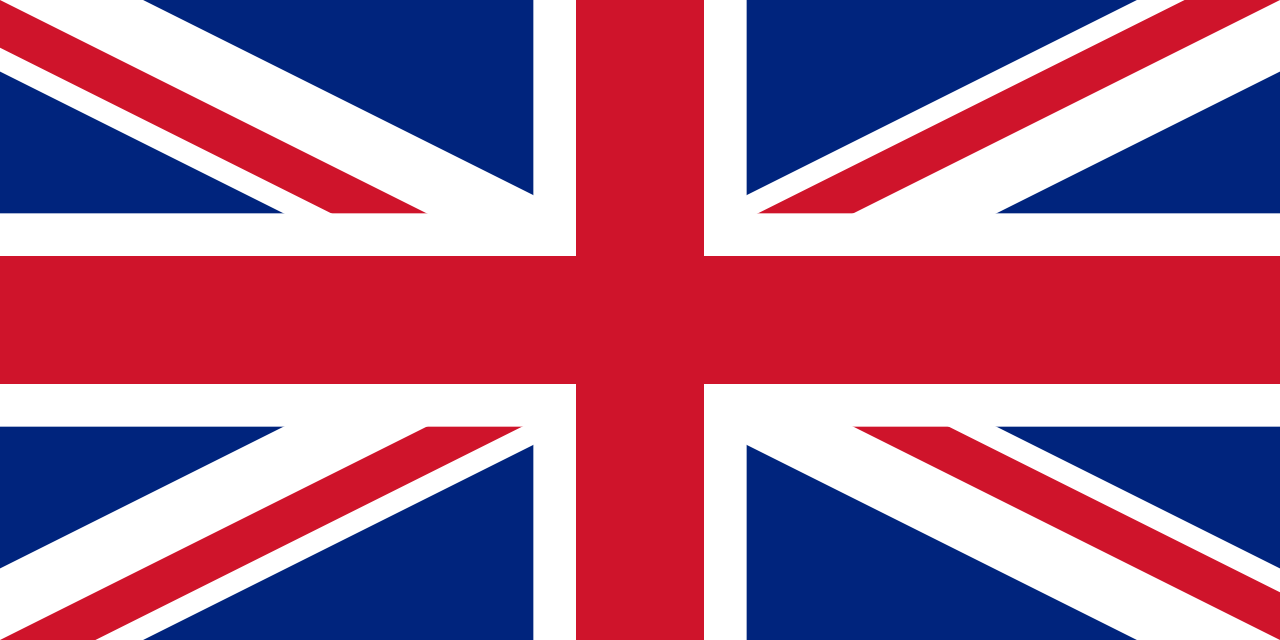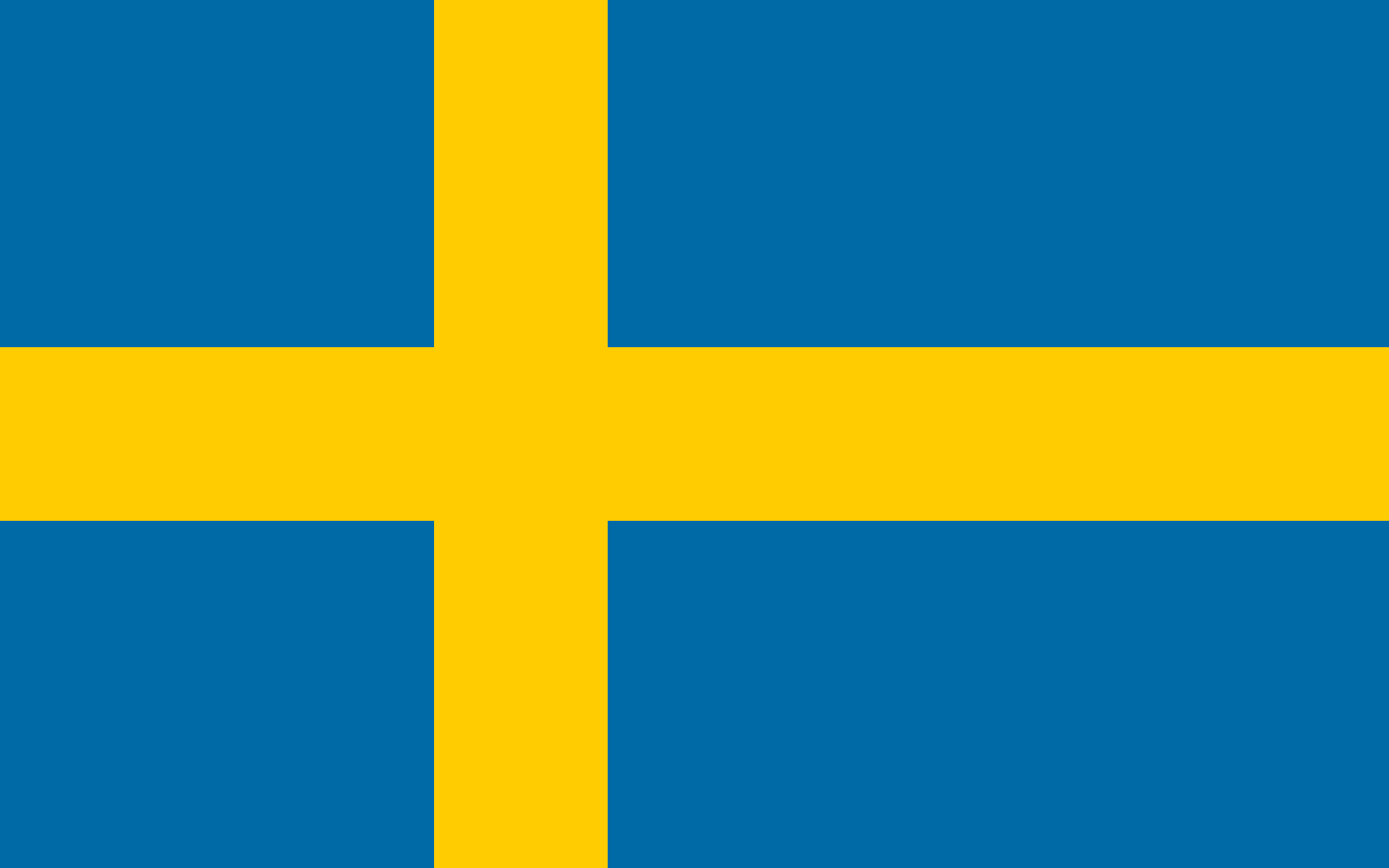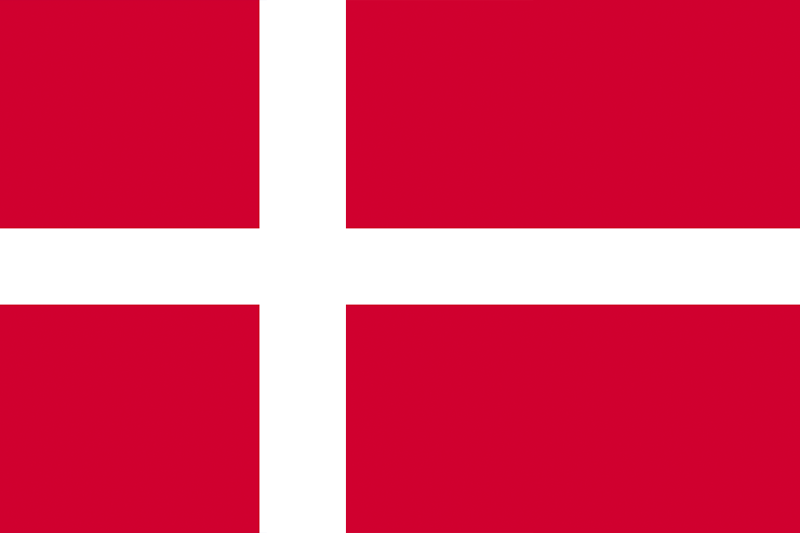 United Kingdom
United KingdomNo longer immune: Populism and Radicalism in Britain
Within the partnership with the Association of the European Affairs Master at Sciences Po (AMAE)
When it comes to the radicalization in the United Kingdom, both political and religious, one might think the country is particularly concerned by this issue: With the British National Party and the United Kingdom Independence Party, the political scene presents several types of faces on the populist continuum. Religious radicalization, such as the radical islamism, seems also to be deeply embedded within the society – UK is not only one of the few european countries to have suffered from a terrorist attack since 2000, but is also known for a well-established islamist scene[1].
Political radicalization: The marginalized BNP and the economic discourse of the UKIP
Before the years 2000, many believed the UK was immune to right-wing extremism and populism, unlike other countries in Europe[2]. This changed however, with the rise on the national stage of the British National Party (BNP), and more recently the much greater surge of the populist United Kingdom Independence Party (UKIP). Like many other far-right movements in Europe, the BNP attracted support from groups that expressed exceptionally high levels of anxiety about immigration and disaffection with the mainstream political parties[3]. More specifically they found support among older, less educated, working-class men in declining industrial towns in the Midlands and the North[4]. Many believed these to be old Labour voters, who had become disgruntled and felt left behind by the party which was in power at the time.
“Unlike the French Front National with its “quête de respectabilité” , the BNP was unable to adapt their image to a more electorally acceptable political party”
The BNP focused their narrative on opposition to immigration, and to Islam, which enabled them to build electoral strongholds in working-class areas with large Muslim minority populations[5]. This support enabled the BNP to gain a foothold in local politics in certain areas, with the election at one point of 50 councillors throughout the UK, and of two MEPs. Their rise since 2000 however culminated in an electoral collapse around 2010. This was due to several reasons, one of which was their focus on London as an electoral base, and competition from other movements, notably UKIP. The strategy of using much of their electoral funds in London turned out to be the wrong one, as their message did not go down quite as well in a city already so used to diversity and immigration[6]. Meanwhile, their history as a neo-Nazi and racist movement kept many voters away from them, while the anti-immigration parties that presented a more legitimate alternative gained more support[7]. Symbolically, BNP Party leader Nick Griffin shocked with his idea to sink boats carrying illegal immigrants.[8] Unlike the French Front National with its “quête de respectabilité” (respectability quest), the BNP was unable to adapt their image to a more electorally acceptable political party.
The populist party that was really able to benefit from the economic crisis of 2007 onwards in the UK, building their message on anti-immigration and on being anti-establishment, was UKIP. Like the BNP, UKIP is able to gain much of its support from working-class, white, male voters, considered the losers in Britain’s rapid economic and social transformation and the centrist politics advocated by the Westminster liberal elite[9]. There are some notable differences between the two parties though. One is that UKIP’s focus is less on Muslim immigrants, but on EU immigrants. This could have helped in their electoral success; while many Muslim immigrants historically came from Commonwealth countries and so could vote and had access to British citizenship[10], EU citizens cannot vote in UK general elections. This means there is less of a check on populist movements focusing on these types of immigrants. Unlike the BNP, UKIP attracts most of its support from areas of England which are 90% white and so less used to diversity[11]. This would suggest that there is fear from white Britons of immigrants who they haven’t actually seen yet, and can be explained by the portrait of immigration painted by tabloid media[12]. Similarly to the BNP though, UKIP attracts very little support in London.
As to the effect of UKIP’s rise on the British Conservative government, it is interesting to note their response based on the different type of support UKIP attracts. Among the working-class, individuals vote UKIP because of fear of competition for jobs; in the middle-class there is more of an anxiety about the weight of immigration on the welfare state[13]. It is this middle-class that traditionally votes Tory whose concerns David Cameron addressed in the EU negotiations, focusing on limiting the access of EU immigrants to benefits. It is also their Eurosceptic concerns that he has tried to respond to by promising an EU referendum.
Islamic Radicalism and the EDL
Unlike in other European countries, increased radicalism among Muslim communities does not have a strong link to the rise of the country’s main populist party. It can be linked more to the presence of the BNP, and a movement that seems to have inherited its role as an anti-Islam voice, the English Defence League (EDL). This is exemplified by the clash between the EDL and the ultra-conservative Islam4UK in marches in Luton in 2009[14]. The presence of Islamic extremists in Britain can be traced back to the 1980s, when many Islamic activists and radicals sought refuge in the UK, during the Afghan War. Up to 9/11 the British government was not overly concerned with radical preachers, the rise of extremism, or British Muslims going abroad to fight (especially as this was often against Soviets)[15]. Some organisations formed, promoting Islamic principles in private, public, and political spheres, and calling for the establishment of an Islamic caliphate guided by sharia law[16]. Though many of these organisations were closed down following 9/11 and the increased attention on Islamic terrorism since, different versions of them are created again every now and then, such as Islam4UK, and radical Islam has gained more attention in Muslim communities.
“Foreign Secretary Philip Hammond said that at least 1500 Britons tried to travel to Syria in the past four years.”
There are several factors which help understand why Islamic extremism has been on the rise since 2001. One, like the reasons for the rise of support for the BNP and UKIP, is economic. Being Muslim in Britain means that you are more likely to live in excluded and alienated inner cities, and be unemployed[17], and so be hardest hit by the 2007 economic crisis. This, coupled with the rise in anti-Muslim feeling in Britain, and British involvement in Muslim affairs abroad with the war in Iraq for example, have fed into a feeling of exclusion and anger[18], providing opportunities for ultra-conservative groups to recruit activists and support. Additionally, as has already been talked about extensively, the increased use of social media and emergence of ISIS has led to some of these radicalised Muslims going abroad to fight in jihadist groups. For instance, Foreign Secretary Philip Hammond said that at least 1500 Britons tried to travel to Syria in the past four years. Following his statement, 800 people succeeded in order to support or fight for jihadist organisations.[19] A reaction to this rise in radicalism has been the emergence of the EDL, which has also fed into the media coverage and increased hostility to Islam to gather support. Up to now it has managed to deflect charges of being racist or fascist by claiming to protect Western ideals from radical Islam[20], and has focused its activity on anti-Islam demonstrations. Today, though, it is still a fringe movement .
The feeling of exclusion from society and the more liberal economic model in Britain has meant that certain groups have shown a greater tendency to move to extremes. For the white population this can mean voting for UKIP, or joining the more extreme BNP or EDL. Meanwhile, among the Muslim population, this can mean a move towards radical Islam. The confrontation between the two extremes can contribute to the strength of both, as radical Islam feeds on the feeling of victimisation of Muslims, while anti-Islamic sentiments among the white population can lead to greater support for populist or far-right movements.
Sources:
[1] O’Neill, Sean (2015): 3000 terror suspects plotting to attack UK, on: www.thetimes.co.uk.
[2] Kaufman, Eric (2014): ‘The Politics of Immigration: UKIP and Beyond’, The Political Quarterly, Vol. 85, No. 3 (247-250), p. 247.
[3] Ford, Robert; Goodwin, Matthew (2010): ‘Angry White Men: Individual and Contextual Predictors of Support for the British National Partypost’, Political Studies, Vol. 28 (1-25), p. 1.
[4] Ibid
[5] Ibid
[6] Goodwin, Matthew (2014): ‘Forever a False Dawn? Explaining the Electoral Collapse of the British National Party (BNP)’, Parliamentary Affairs, Vol. 67 (887-906), 2014, p. 888.
[7] Ibid.
[8] BBC (2009): Sink Immigrants’ Boats, on: www.news.bbc.co-uk.
[9] Evans, Geoffrey; Mellon, Jon (2015): ‘Working Class Votes and Conservative Losses: Solving the UKIP Puzzle’, Parliamentary Affairs (1-16), p. 3.
[10] Mabbett, Deborah: ‘Representative and Responsible Immigration Policy’, The Political Quarterly, Vol. 85, No. 3, p. 353.
[11] Kaufman, Eric (2014): ‘The Politics of Immigration: UKIP and Beyond’, The Political Quarterly, Vol. 85, No. 3, p. 249
[12] Ibid
[13] Ibid, p. 248.
[14] Pupcenoks, Juris; McCabe, Ryan: ‘The Rise of the Fringe: Right Wing Populists, Islamists and Politics in the UK’, Journal of Muslim Minority Affairs, Vol. 33, No. 2, p. 175.
[15] Ibid.
[16] Ibid.
[17] Abbas, Tabir (2007): ‘Muslim Minorities in Britain: Integration, Multiculturalism and Radicalism in the Post-7/7 Period’, Journal of Intercultural Studies, Vol. 28, No. 3, p. 289.
[18] Pupcenoks; McCabe, p. 177
[19] Groves, Jason (2016): 1,500 Britons have fled to join ISIS in Syria – and 800 have successfully got in, Hammond admits, on: www.dailymail.co.uk.
[20] Pupcenoks; McCabe, p.176.


















